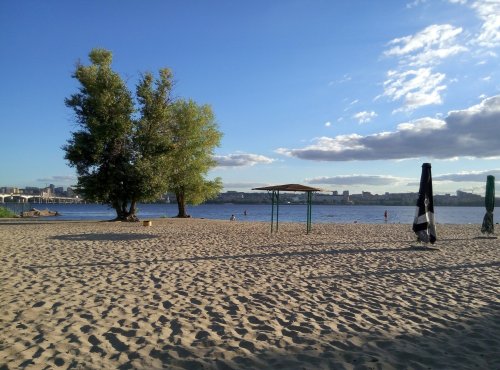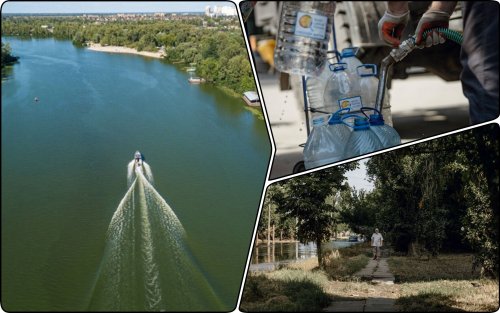Swimming pools, well-watered gardens and clean cars of the wealthy are causing urban water crises similar to climate emergencies or population growth, a study by British scientists has found.
For example, in Cape Town, South Africa, the richest people consume 50 times more water than the poorest, the Guardian reports.
The study found that the richest 14% of the city's population consume 51% of the water. And 62% of the poorest citizens have 27% of water. In addition, most of the water used by the richest group was for non-essential needs.
"The model, which can be applied to other cities, showed that changes in water use by the wealthiest group had a greater impact on overall water availability than population changes or droughts associated with the climate crisis," the paper said.
It is noted that during the water crisis in Cape Town in 2018, the poorest townspeople were left without enough water for their basic needs. In addition, the increased use of private wells in times of scarcity by the wealthiest citizens has significantly depleted groundwater resources.
The scientists emphasized that Cape Town is not a unique city, as similar problems exist in many cities around the world. Since 2000, more than 80 major cities have experienced extreme drought and water shortages, including Miami, Melbourne, London, Barcelona, Sao Paulo, Beijing, Bengaluru and Harare.
Researchers say the large disparity in water use between rich and poor citizens has been largely overlooked in the search for solutions to water scarcity and focused on efforts to increase supplies and raise water prices. In their opinion, the only way to protect water resources is a more even redistribution of water resources.
The scientists highlighted that urban water crises are expected to increase and more than 1 billion urban dwellers will experience water shortages in the near future.
A report by the Global Commission on Water Economics found that the world is facing an imminent water crisis. Demand is likely to exceed supply by 40% by 2030.
Study co-author Professor Hannah Cloke of the University of Reading, UK, stressed that climate change and population growth mean water is becoming a more valuable resource in large cities. However, social inequality limits people's access to water for daily needs.
"Our projections show that this crisis could get worse as the gap between rich and poor widens in many parts of the world. Ultimately, everyone will suffer if we don't develop more equitable ways of sharing water in cities," she said.
Earlier, EcoPolitic wrote, that a study by the International Energy Agency showed that carbon emissions differ in income groups. This is how millionaires create a thousand times more carbon emissions.
As EcoPolitic previously reported, the United Nations warned that the drought is a global crisis.





